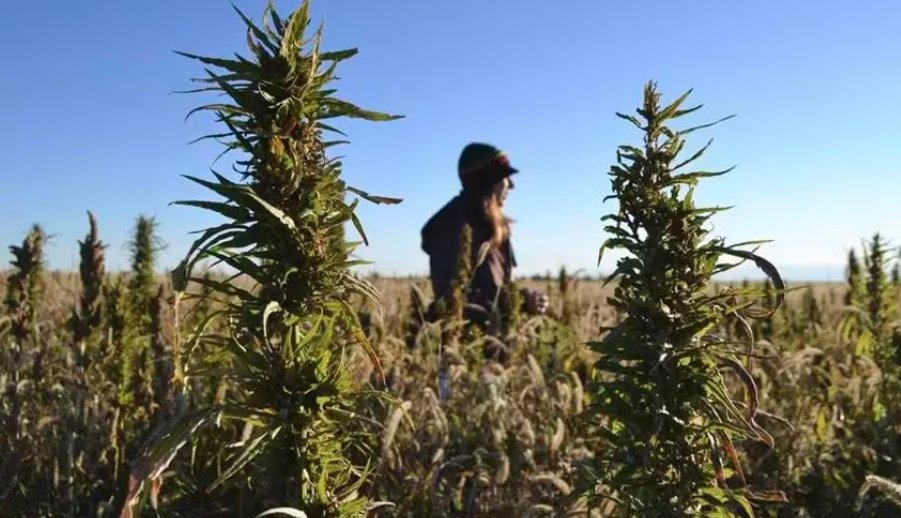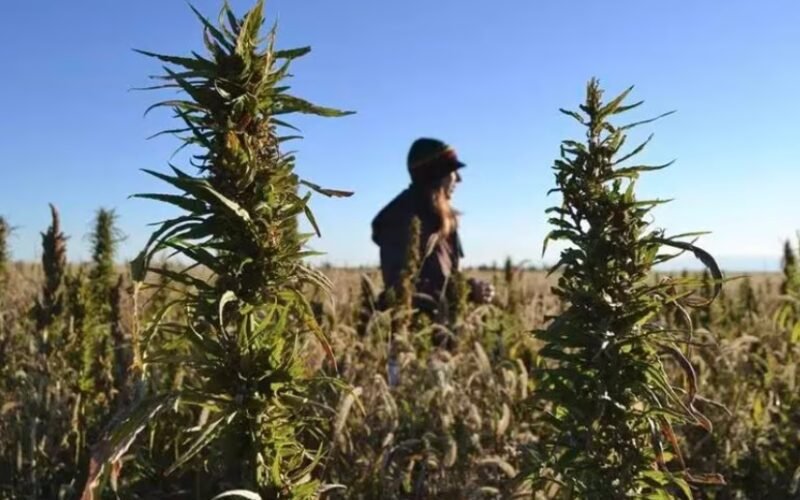What is delta-8 and why is it banned?
Delta-8 is a cannabinoid derived from hemp, which is a variety of the cannabis plant that contains low levels of THC, the psychoactive compound that causes a high. Delta-8 has a similar chemical structure to THC, but with a slight difference that makes it less potent and more stable. Some users describe delta-8 as a milder version of THC, with less anxiety and paranoia, and more therapeutic benefits.
Delta-8 is currently legal in Florida and can be purchased at various smoke shops and gas stations. However, this could change soon, as the Florida legislature has passed a bill that would ban delta-8 and other hemp products that have intoxicating effects. The bill (SB 1698) also targets delta-10, HHC, THCA, THCP, and THCV, which are other cannabinoids that can be extracted or synthesized from hemp.
The bill aims to close a loophole in the 2019 law that authorized hemp cultivation and production in the state, following the 2018 Farm Bill that legalized hemp at the federal level. The 2019 law defined hemp as having no more than 0.3% THC, but did not specify the amount of other cannabinoids that could be present in hemp products. This allowed manufacturers and retailers to sell hemp products that contain high levels of delta-8 and other cannabinoids that can create euphoric effects.
The bill would set a cap on the amount of THC concentration in hemp products to 5 milligrams per serving and 50 milligrams per container on a wet-weight basis, whichever is less. It would also prohibit the sale of whole-flower hemp products, which are the raw buds of the hemp plant that can be smoked or vaporized. The bill would take effect on July 1, 2024, if signed by Gov. Ron DeSantis.
What are the arguments for and against the ban?
Supporters of the bill argue that delta-8 and other hemp products are a public health and safety risk, as they are not regulated by the state or the federal government, and may contain harmful contaminants or inaccurate labels. They also claim that delta-8 and other hemp products are being marketed to minors, and that they are undermining the state’s medical marijuana program, which requires a doctor’s recommendation and a license to purchase marijuana products from authorized dispensaries.

Opponents of the bill contend that delta-8 and other hemp products are a natural and beneficial alternative to marijuana and pharmaceutical drugs, and that they help people with various medical conditions, such as chronic pain, anxiety, insomnia, epilepsy, and cancer. They also assert that delta-8 and other hemp products are legal under the 2018 Farm Bill, and that the state has no authority to ban them. They warn that the bill would hurt the hemp industry, which is a growing sector of the state’s economy, and that it would drive consumers to the illegal drug market.
What are the implications of the ban?
The bill has sparked a heated debate among lawmakers, hemp advocates, medical marijuana patients, and business owners, who have expressed their views and concerns during the legislative session. The bill has also drawn attention from the media and the public, who have been following the developments and the outcomes of the bill.
If the bill becomes law, it would have significant implications for the hemp industry and the consumers of hemp products in Florida. It would effectively outlaw delta-8 and other hemp products that have been widely available and popular in the state, and it would impose strict regulations and penalties on the production and sale of hemp products. It would also affect the medical marijuana program, which could see an increase in demand and revenue, as some hemp users may switch to marijuana products.
However, the bill could also face legal challenges, as some hemp advocates and business owners have vowed to sue the state if the bill is signed by the governor. They may argue that the bill violates the 2018 Farm Bill, which preempts state laws that interfere with the interstate commerce of hemp and hemp products. They may also challenge the bill on the grounds of due process, equal protection, and state sovereignty.
The bill is now awaiting the governor’s signature, who has not indicated his position on the bill. The governor has until March 18, 2024, to sign or veto the bill, or let it become law without his signature.




